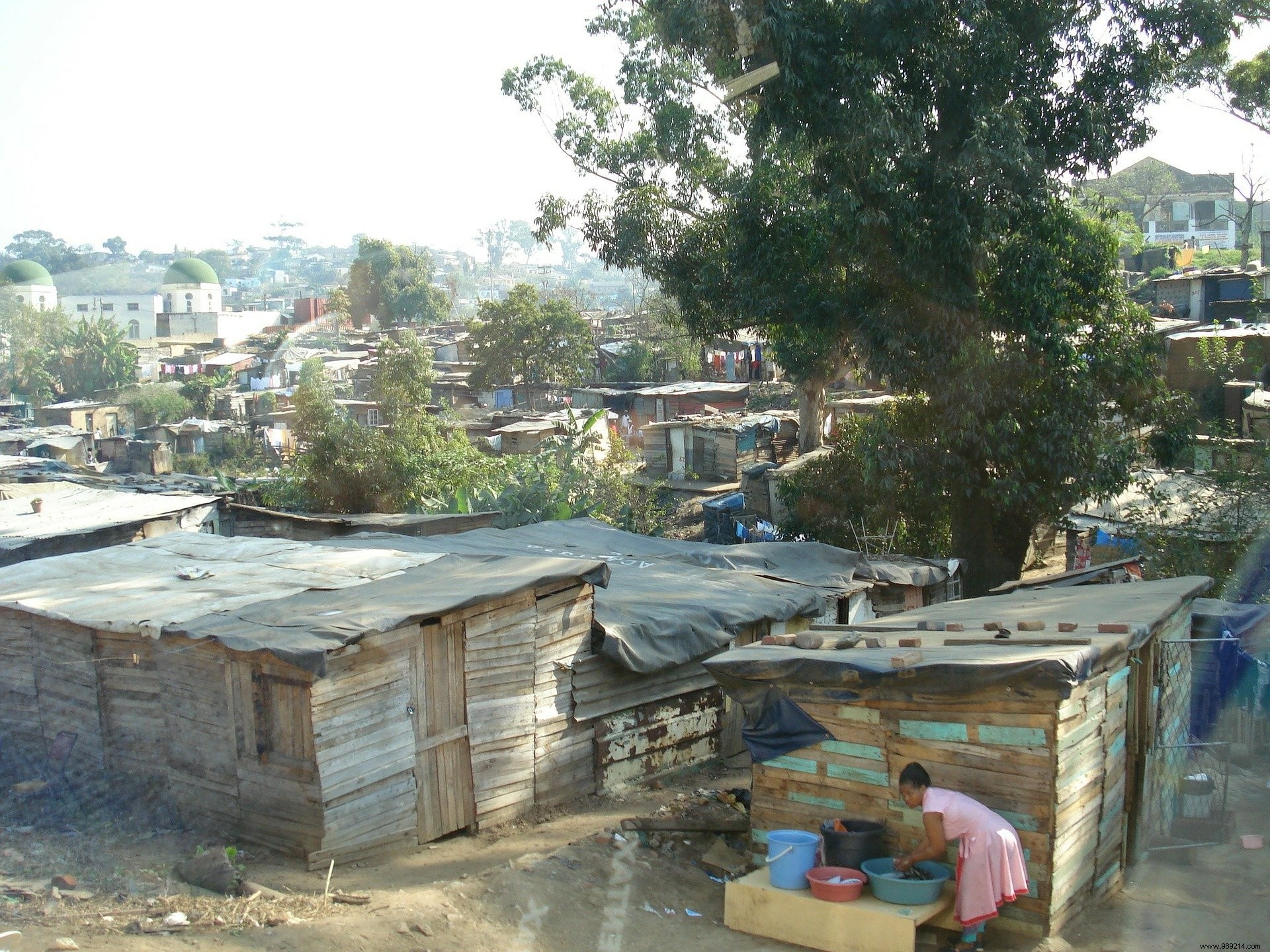A time preserved, sub-Saharan Africa is now affected by the spread of the coronavirus. And for some experts, this is just the beginning.
Like the rest of the world, sub-Saharan Africa is now also suffering from the Covid-19 pandemic. South Africa, which recorded its first case ten days ago, now has around sixty. Ethiopia (4 cases), Cameroon (3 cases), Rwanda (5 cases) and Kenya (3 cases) are also affected. Equatorial Guinea and Namibia have just reported their first cases.
These are just examples (at least 26 nations on the continent are affected) and cases of infection are increasing. Many experts also believe that COVID-19 has been circulating silently for several weeks across the continent. Thus, the official figures could greatly underestimate the number of real cases.
In response to the threat, several countries have decided to close their borders and suspend flights from countries with confirmed cases of coronavirus.
In Kenya, for example, President Uhuru Kenyatta has just announced that his government is suspending all travel from countries where at least one case of Covid-19 contamination has been confirmed. Only Kenyan citizens and foreign nationals with a permanent residence permit will be allowed to re-enter the territory provided that they place themselves in quarantine.
Ghana will ban from tomorrow (Tuesday) entry into its territory to anyone who has been to a country where more than 200 cases of confirmed infection (except Ghanaian citizens).
This Sunday, South African President Cyril Ramaphosa also declared a state of national disaster. “Never before in the history of our democracy have we faced such a serious situation “, he said on television. He then announced the closure of schools or the banning of large gatherings.
Like many nations elsewhere in the world, African countries therefore seem to be opting for withdrawal. However, will these measures be sufficient? Many fear not. Sub-Saharan Africa, home to more than a billion people, is indeed a special case. Bruce Bassett, from the University of Cape Town, said he was very concerned about the situation, comparing the African continent to a real "ticking time bomb “.

Several factors can justify these fears. Health systems in many African countries are already suffering from other epidemics . One thinks in particular of those of HIV and tuberculosis (TB). In addition to being very serious, these also have the power to exacerbate the dangerousness of respiratory infections.
A few days ago, the South African Academy of Sciences notably warned that people living with HIV were on average eight times more likely to being hospitalized for pneumonia caused by the flu virus than the general population. They are also three times more likely to die from it . However, we now know that Covid-19 is even more virulent.
The reception capacities of the sick are also very fragile. While in France or Italy the question arises of the places available in intensive care, it is important to point out that Kenya, which has more than 50 million inhabitants, only had 130 beds in care units in 2015. intensive and about 200 specialized nurses. This is just one example. More globally, Africa is home to only 1.3% of health professionals . Yet it carries 25% of the global disease burden.
In addition, "social distancing" measures have been introduced in several countries to prevent the spread of the virus. However, the simple act of "limiting contact with others" might be difficult to put into practice in some crowded areas in which many generations live together in the same household.
The same applies to the implementation of other barrier gestures. "How can you tell the people of such and such a village to wash their hands when there is simply no water or to use gel to disinfect their hands when they are not don't have enough money for food? “, wonders Francine Ntoumi, public health expert at Marien Ngouabi University, in the Republic of Congo. "I'm afraid it's chaos “, she said.

Sub-Saharan Africa nevertheless has a slight advantage compared to other regions of the world. Its population is indeed relatively young. There are less than 4% of elderly people there compared to about 12% for China. And a priori, children seem less affected by COVID-19. To date, they represent only 2% of infected people. We also know that most young adults seem to suffer from mild symptoms even if they are not immune to suffering more.
Source
Related articles: